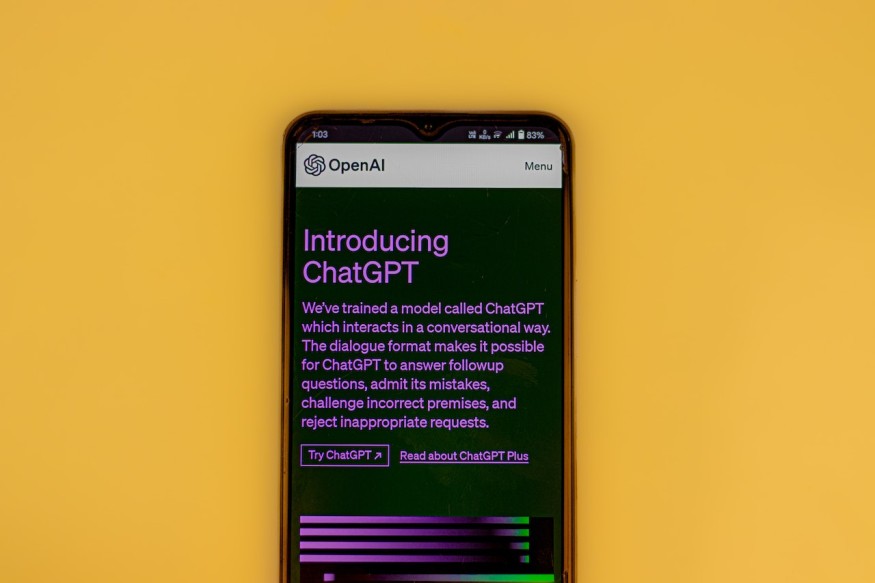
AI-related arrests have now started surfacing. This is the case specifically in China, where a man was held for allegedly using ChatGPT to create fake news regarding a train crash.
Man Arrested For ChatGPT-Generated Fake News on Train Crash
According to Futurism, the fake news falsely claimed that nine individuals died due to a train accident on April 25. Several story versions were reportedly released on Baijihao, a news blog social network that Baidu, a prominent Chinese search engine, runs.
The man was simply identified by his surname "Hong." He was specifically cited for "provoking trouble" and "picking quarrels." Gizmodo notes that this is a catch that is typically used against activists and dissidents. Considering the man's allegations, the police officers presume that Hong may face charges that could run from five to ten years in prison.
According to Gizmodo, Hong allegedly bypassed the restrictions of Baijihao to post repeated content via several accounts and to let ChatGPT go through several trending stories in order to create several versions of the story. Gizmodo also adds that this was done to generate some 15,000 clicks.
Hong reportedly owns a company that works with several outlets of blogs. These platforms are reportedly registered under Shenzhen, a major tech manufacturing and business hub across southern China, as reported by Gizmodo.
China's Efforts to Regulate AI
As per South China Morning Post, this is the first time the public has been notified of an arrest made under the recently implemented deep-fake regulations of the country.
The new law, referred to as the "Administrative Provisions on Deep Synthesis for Internet Information Service," has taken effect since January. According to this law, all content that is AI-generated must be labeled explicitly and have its actual source cited. It also requires consent for using any generative software to modify one's image or voice.
The law also lists roughly 1,300 sites that the government allows to use generative AI for content creation. It also indicates that all AI-generated content must adhere to the correct political stances and maintain the proper orientation of public opinion.
Hong allegedly used ChatGPT specifically, which is not available nor allowed in China, but can be used via VPN. Gizmodo also adds that, just last month, China released guidelines that restricted certain chatbots, including the famous ChatGPT. This was reportedly done to help create an environment that is CCP-friendly surrounding generative AI.
WION reports that Chinese firms are developing their own AI chatbots that align with Chinese guidelines. The country's top digital regulator has cautioned before that AI advancements may make it harder for authorities to tell deep-fake and non-deep-fake content apart and that this may foster defamation and scams.
RELATED ARTICLE : Doctors Warn Against Using ChatGPT for Medical Advice; AI Chatbot Unreliable, Makes up Health Data
Check out more news and information on Artificial Intelligence in Science Times.











